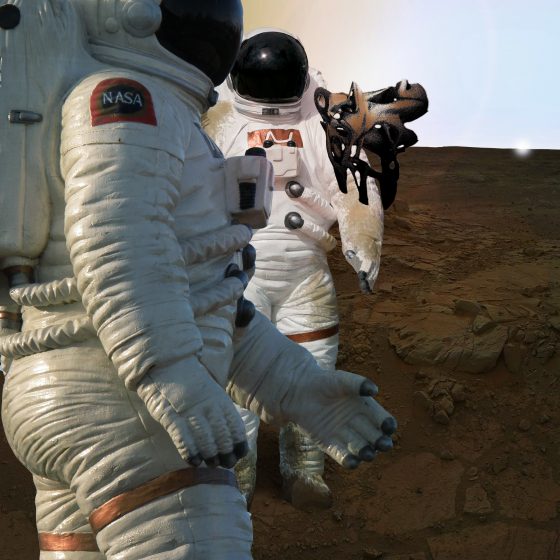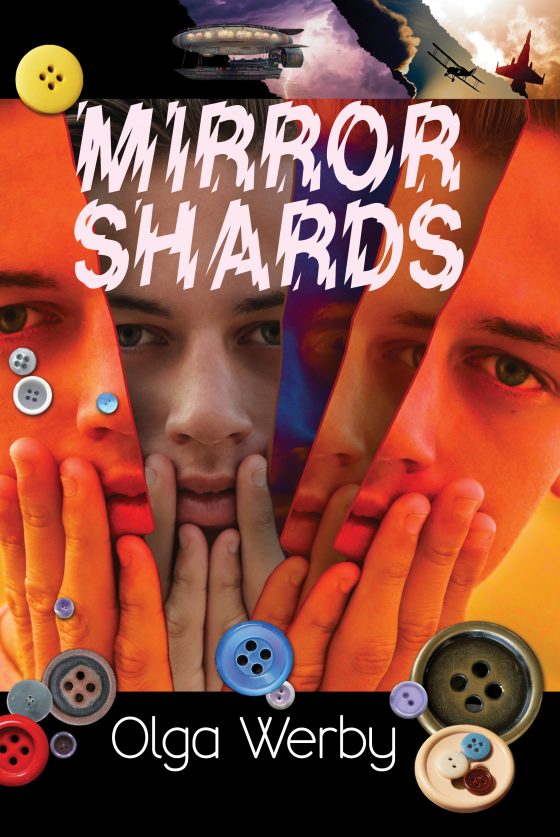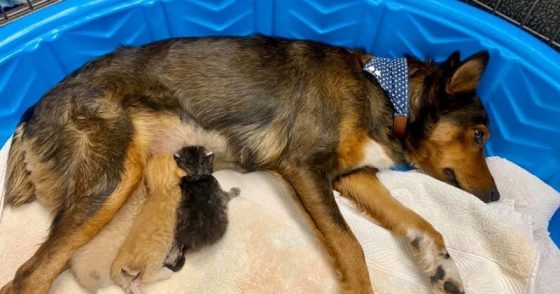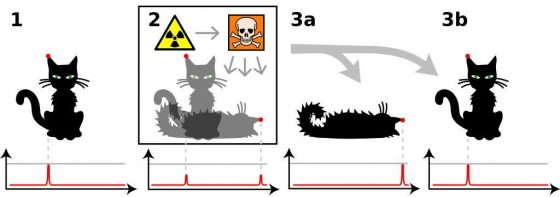
The world has accepted independent filmmakers. These auteurs — def: “auteur is a filmmaker whose personal influence and artistic control over a movie are so great that the filmmaker is regarded as the author of the movie” — are strongly preferred over the “boring” regular movie directors and producers. Auteurs are special. They create true films. They are the “real” storytellers of our modern age. Moviegoers (their audience) either strongly in favor of seeing movies made by independent filmmakers (they certainly allow for more interesting dinner conversations) or they love to hate them. Hate or adoration makes for more intense discussions with friends and family. So if there is such acceptance of indie movie-makers and indie films, why is there a strange sense of negative judgment when it comes to indie writers and indie-published books? I ran into this all the time. Bookstores are uninterested in carrying books by self-published authors, libraries bulk at stocking these books, and the general reaction is that if it is self-made it must be of poor quality. Funny how the label “self-made” can be both a negative AND a positive: “He is a self-made man.” or “He wears self-made clothing.” or “He makes his…






